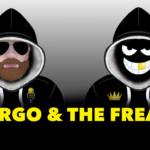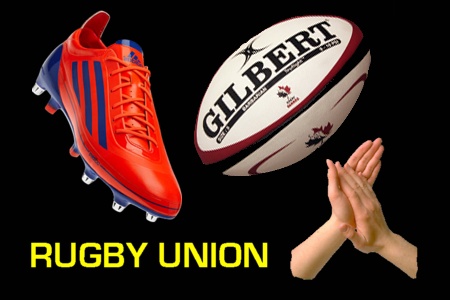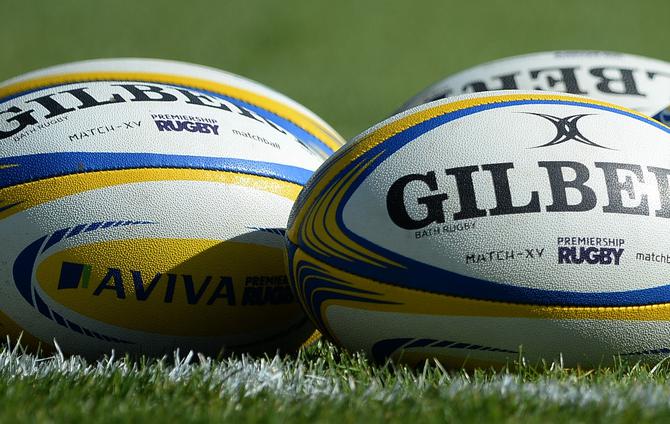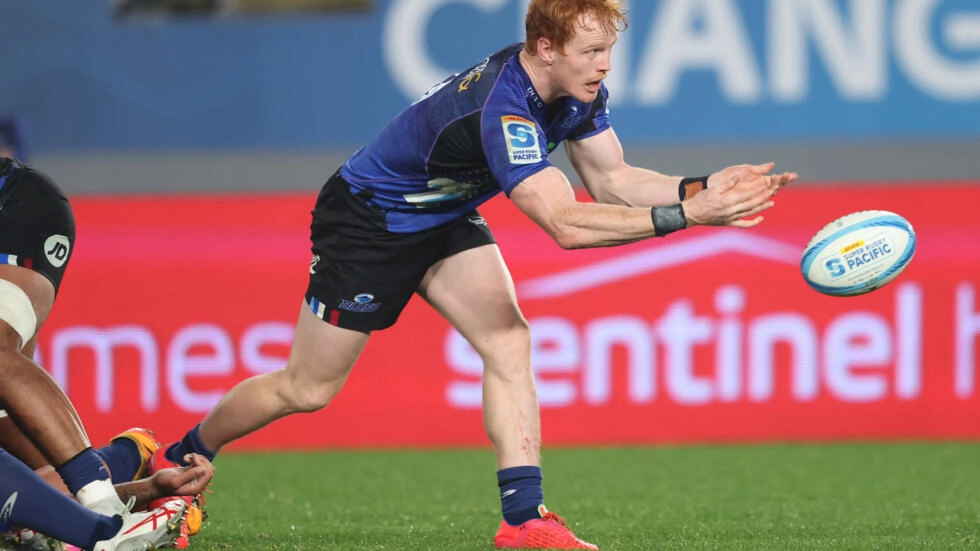Winning a major sporting tournament gives any country’s national pride a shot of adrenalin, but it can also be a significant boost for its economy. Countries winning the football World Cup can expect to their stock index to outperform global indices by as much as 3.5 per cent in the following month, according to Goldman Sachs. In the trading pit as on the pitch, however, there’s no glory in second place – seven out of the nine defeated finalists in the study underperformed by 5.6% over the next quarter.
With fans of the oval ball glued to their screens as the 2015 Rugby World Cup reaches its final stages, who will be the winners on the pitch and in the markets?
As any investor knows, share prices are highly susceptible to outside events. Some of these (such as an earthquake, a snap election or a military coup) come out of the blue, and these can have a significant effect on markets where confidence in a nation’s economy is critical, for example the Forex.
However, major global sporting tournaments such as this year’s Rugby World Cup are planned years in advance. For those following the markets, a little knowledge of the sorts of companies whose fortunes rise and fall with the rugby ball can be very profitable.
World Cups, the Olympics and other big sporting show-stoppers are all major sponsorship opportunities, and the fortunes of the major sponsors are a good place for potential investors to start looking.
When Andy Murray became the first British man in 75 years to win Wimbledon in 2013, the upswell of national pride saw a 5.1% rise in the FTSE indices over the course of the tournament, with Scottish companies’ share prices going up by 10% over the same period. This was an across-the-board hike, not just limited to sportswear or Murray sponsor Highland Spring. AG Barr, producers of Scots favourite Irn Bru, saw sales rise over the summer by 5.8%.
World Cup frenzy may have fizzled out very early for disappointed England fans, so the potential boost for UK sports manufacturers looks unlikely to materialise. However, investors in Heineken, the Rugby World Cup’s big beer sponsor, are unlikely to be disappointed. The lager giant has already seen 12% Earnings per Share (EPS) growth in 2015.
While nothing’s certain in sport or stock markets, successful investors have several things in common with elite athletes – an appreciation of the need for preparation and a cool head, to name two. With the rugby coming to an exciting crescendo, no-one can say who will leave Twickenham with the trophy, or which company will be the absolute winner off the pitch. One thing is for certain, however – fortunes, as well as legends, will be made.








